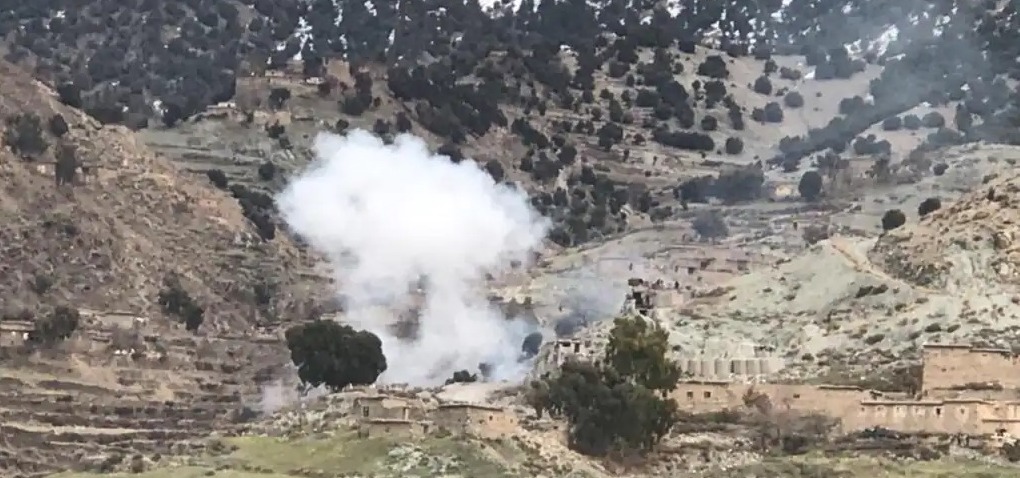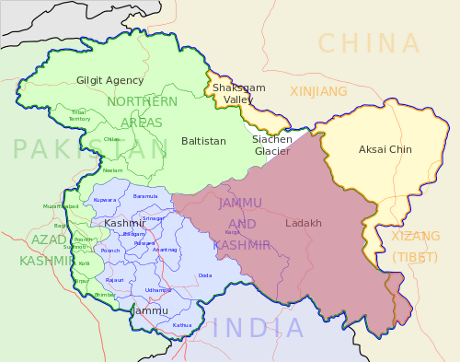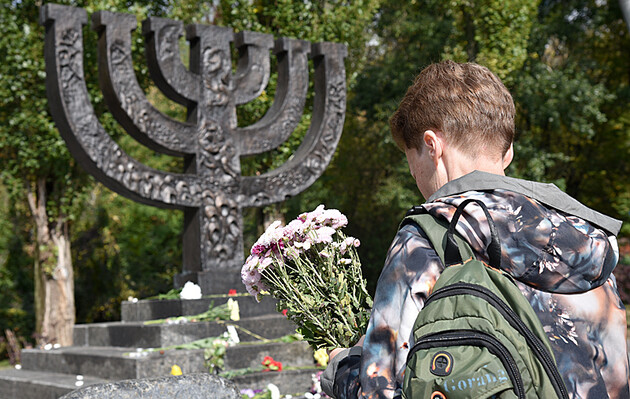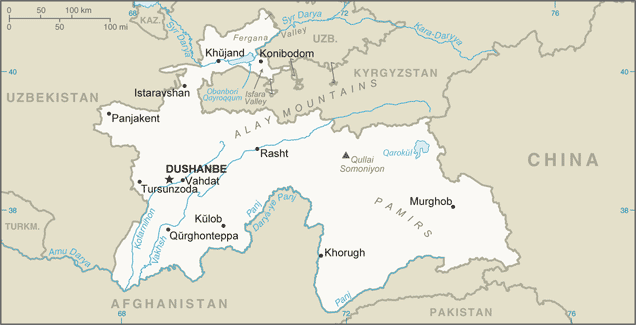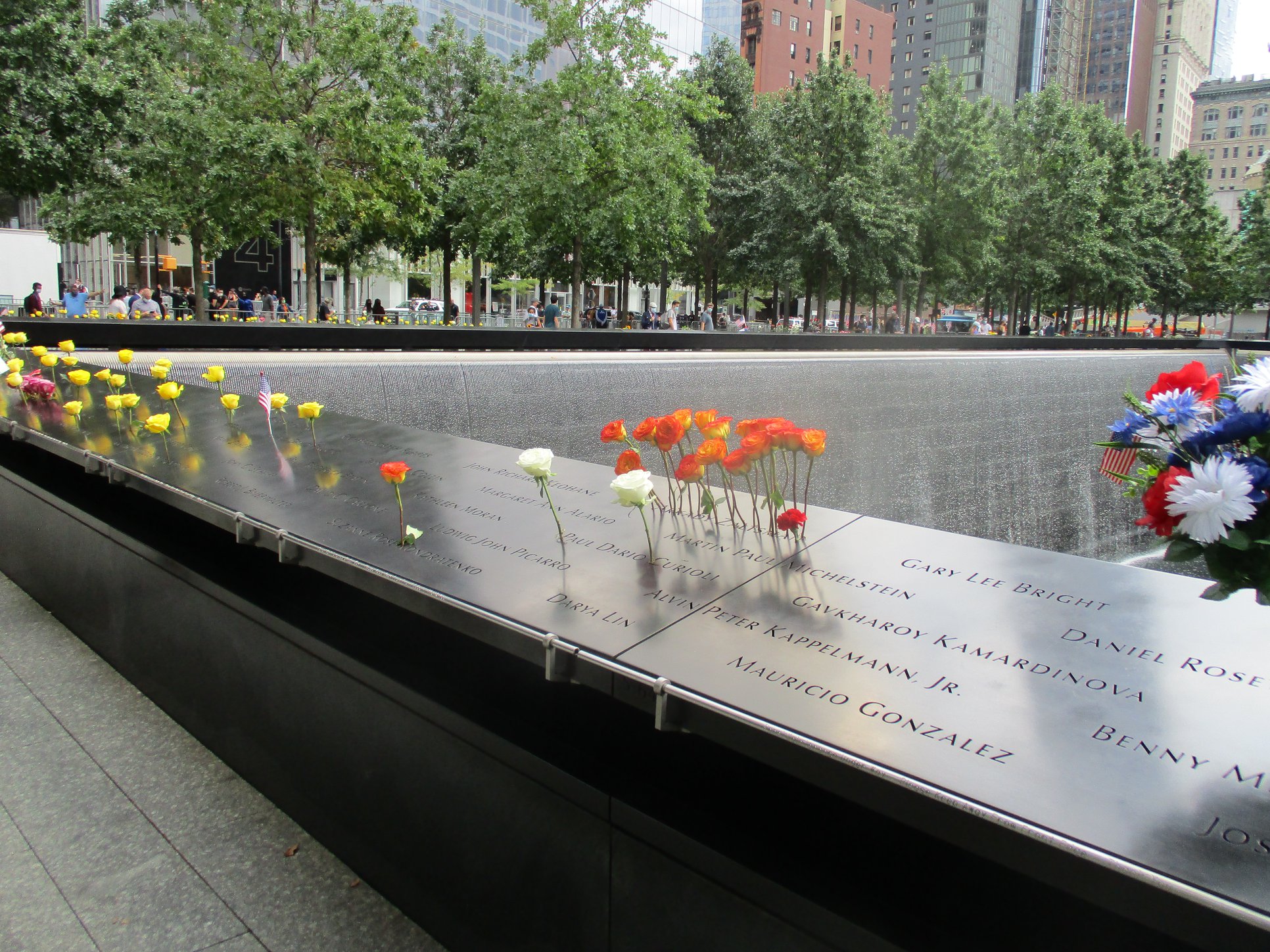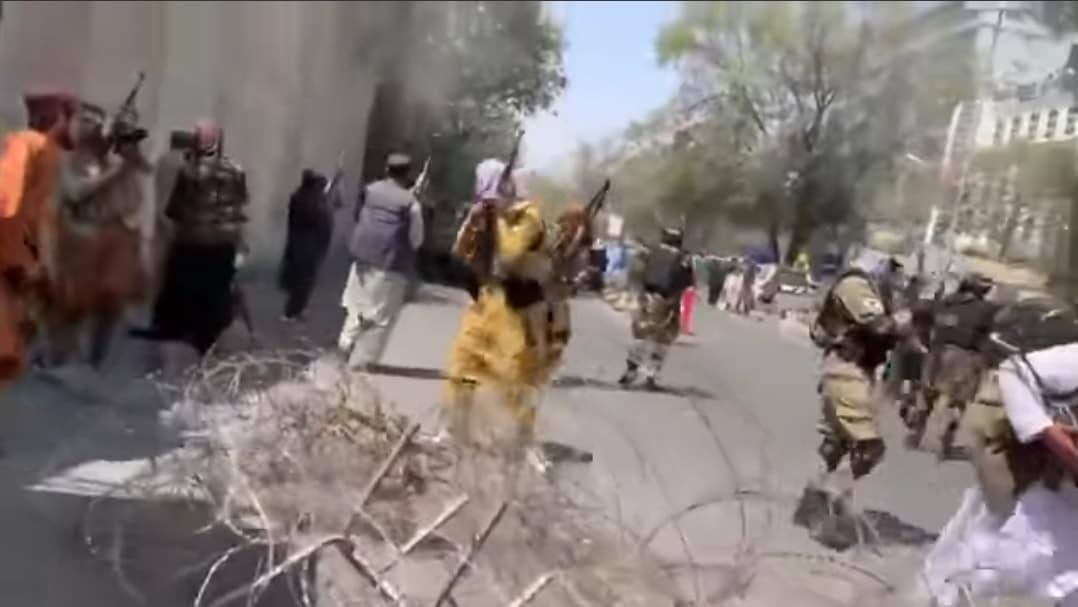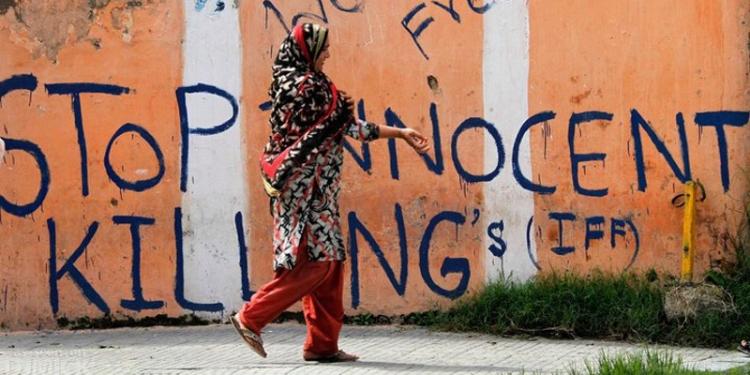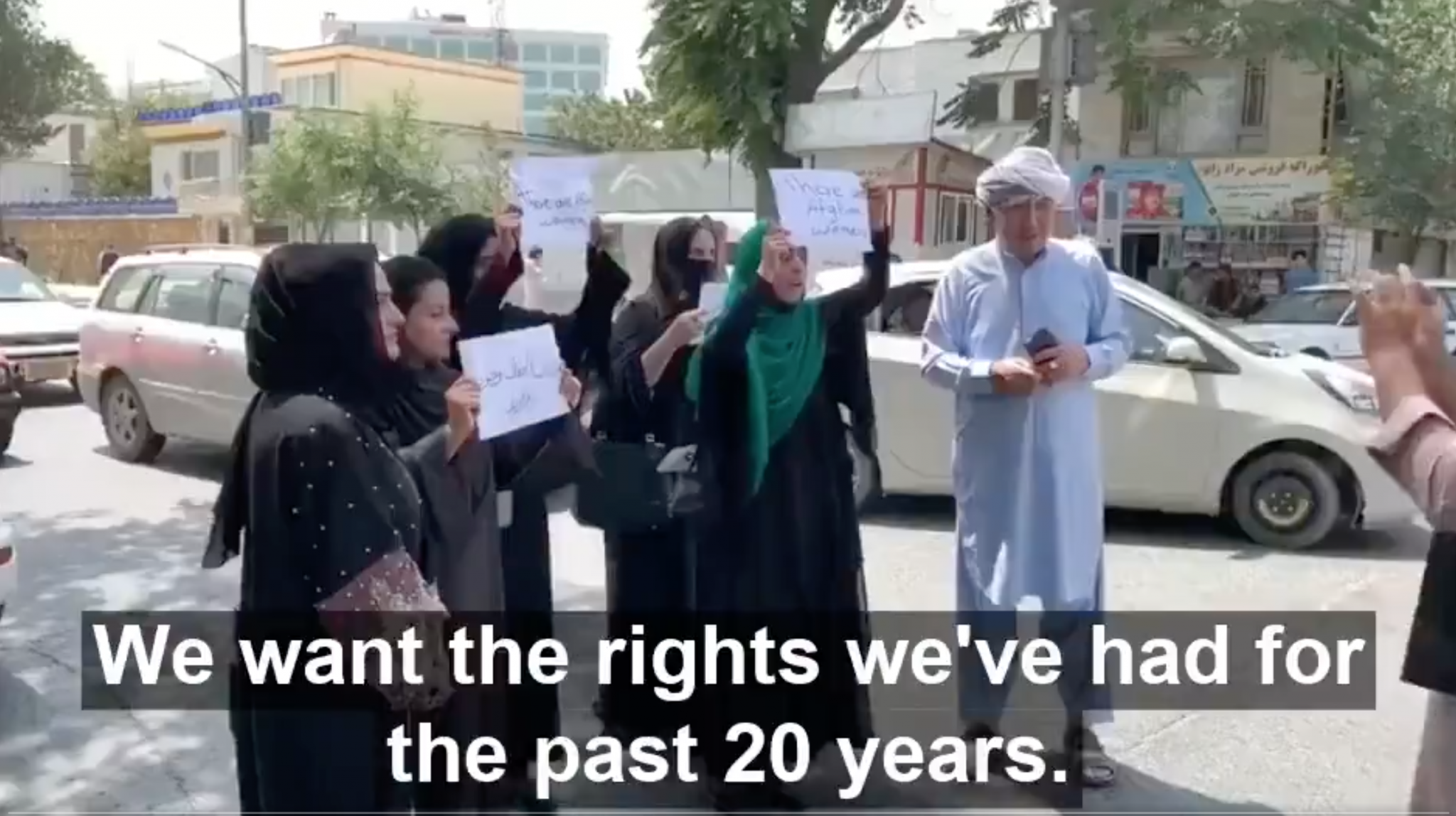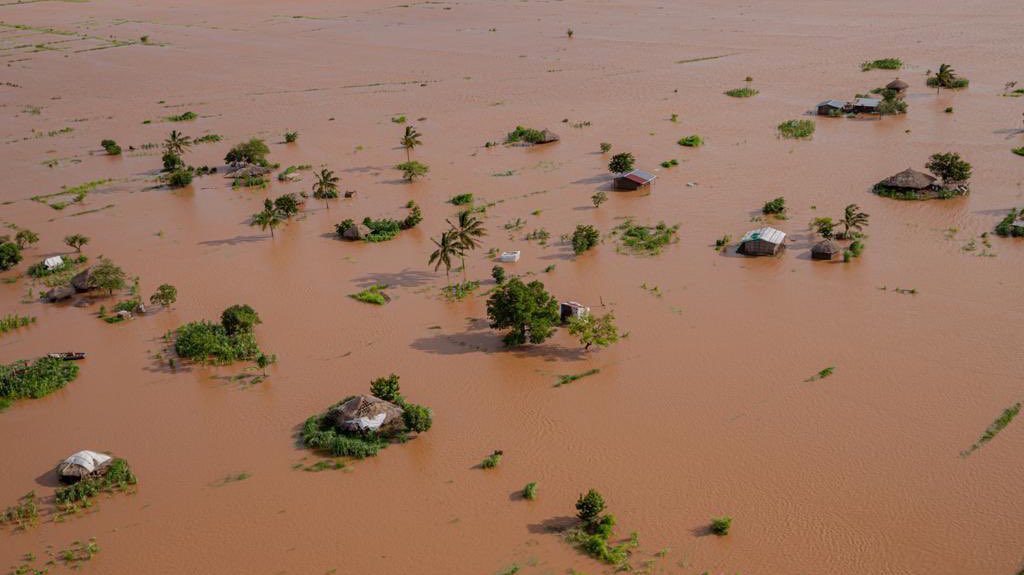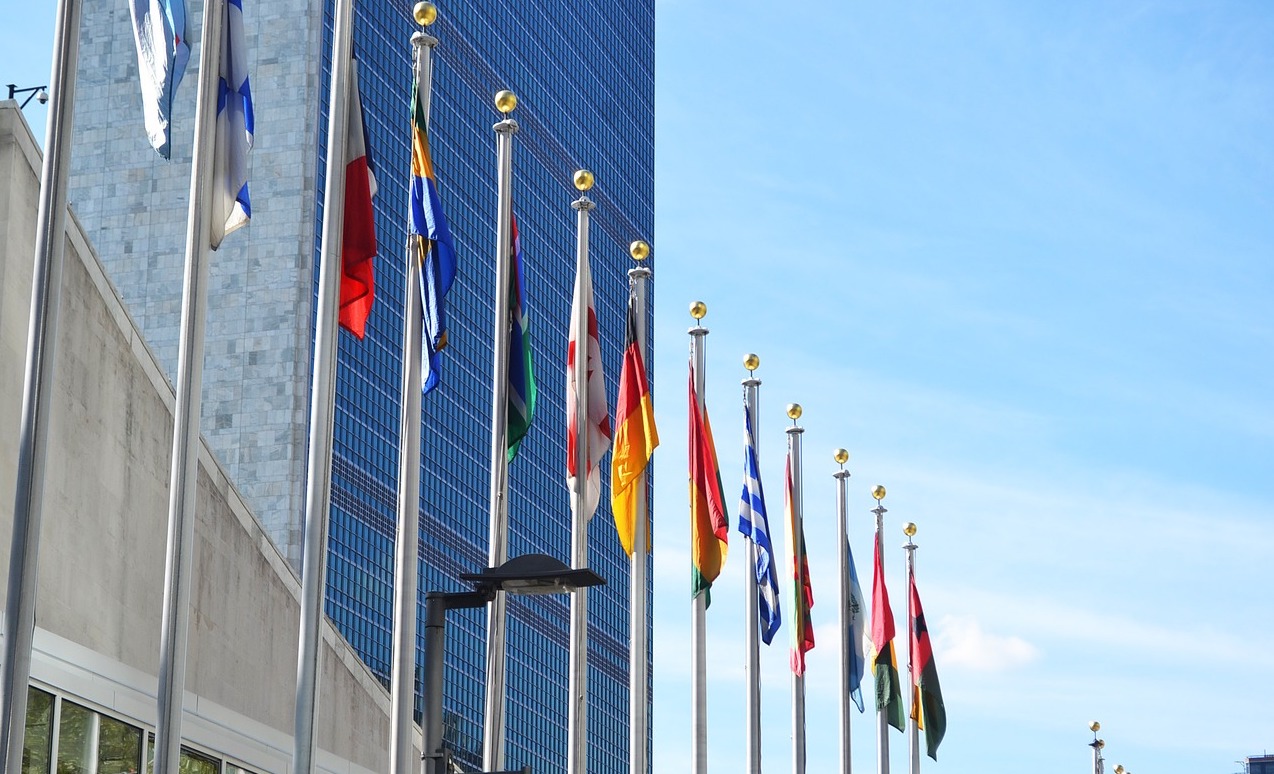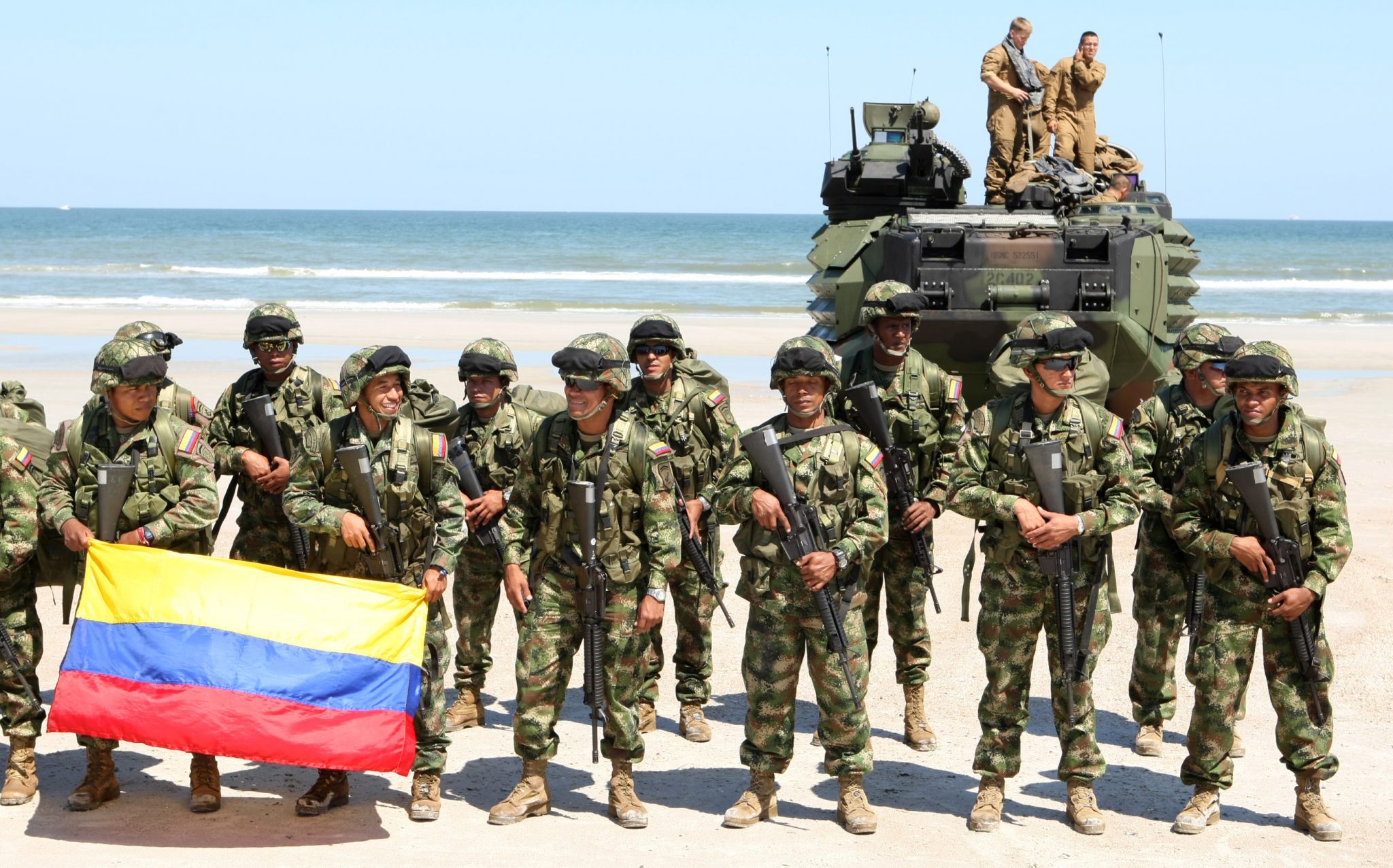
Colombia joins ‘new partnership’ with NATO
President Joe Biden issued an executive order designating Colombia a Major Non-NATO Ally (MNNA) of the United States. The designation facilitates further weapons transfers from the US to Colombia, and increased military cooperation between the two countries. Colombia is the third MNNA in Latin America, after Brazil and Argentina. Weeks earlier, a delegation of NATO staff visited Colombia to discuss the South American country’s participation in the alliance’s Defense Education Enhancement Program (DEEP). Colombia became NATO’s newest “global partner” in 2018, but this relationship was reinforced last December, when it became a member of the NATO Individually Tailored Partnership Program (ITPP). (Photo: Wikimedia Commons)



